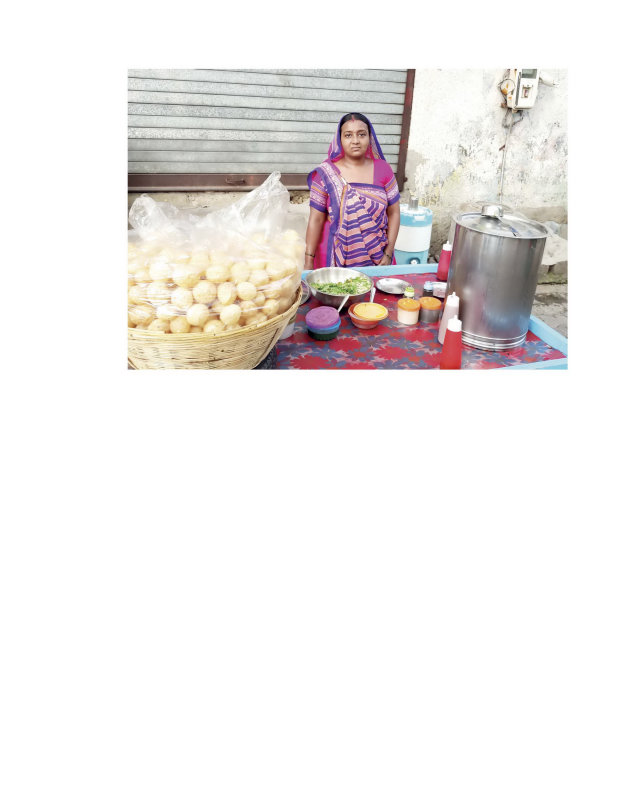
E
ducation
201
y
ears ago to fill this knowledge and skill
gap, enabling women to run sustainable
businesses. nder this programme, it has
provided varied inputs in the areas of
financial education, business planning, basic
financial management, marketing, product
diversification and packaging, etc.,’ says S.S.
Bhat, Chief Executive Officer, WWB.
It also began to train women in digital
literacy including the use of smartphones
and get them to join digital platforms,
especially aer the Covid-19 pandemic.
Digital bookkeeping through apps is also
part of this training.
‘Having attained the expertise in dealing
with low-income women in providing them
the access to financial services, we now
embark on the next stage of development to
see graduation of these micro-entrepreneurs
to develop into professional entrepreneurs
and move to the next level of understanding
of business nuances in and develop
capabilities of the present time to run their
businesses efficiently and have influence on
the local ecosystem for greater decision-
making power,’ explains S.S. Bhat.
Dipika B
hatti sells the delicious snack, pani puri, from her cart
H
CL Grant Project Title:
N
urturing Women
Entrepreneurs
Beneficiaries:
15,000 rural women
Location:
87 v
illages in Gujarat, Maharashtra,
Madhya Pradesh, Manipur, and Nagaland